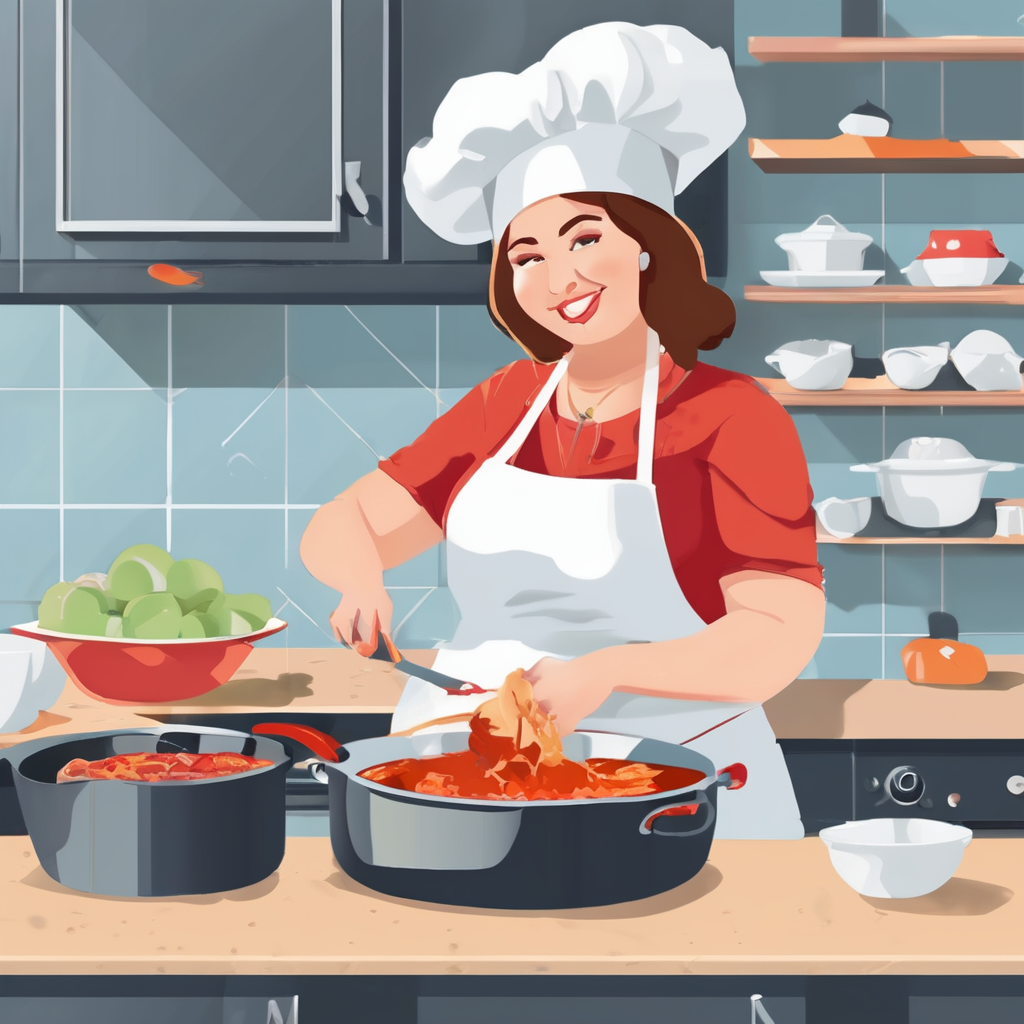Quick Guide: Choosing Sustainable Kitchen Products in the UK
When selecting sustainable kitchen products UK, prioritizing materials, production methods, and packaging is essential. Look for items crafted from renewable or recycled materials such as bamboo, FSC-certified wood, or recycled stainless steel. These choices reduce resource depletion and support circular economy principles.
Understanding eco-friendly kitchenware certifications can help verify product legitimacy. In the UK, labels like the Forest Stewardship Council (FSC), Soil Association’s Organic certification, and Cradle to Cradle are reliable indicators of sustainable manufacturing practices. These labels ensure products meet rigorous environmental and ethical standards, giving consumers confidence in their purchases.
Also to discover : How can UK kitchen products inspire creativity in home cooks?
Current trends in sustainable kitchen products UK emphasize not just environmental impact but also durability and design. Popular UK brands are focusing on reusable, biodegradable, or repairable items that minimize landfill waste. Refillable cleaning utensils and compostable food storage options highlight how sustainability is influencing kitchen product innovation.
By consulting a sustainable buying guide UK, shoppers can make choices that balance ecology, quality, and usability. Prioritizing verified eco labels, sustainable materials, and brands with transparent production helps build a greener kitchen, supporting both local and global environmental goals.
Have you seen this : Is There a Way to Choose the Best UK Kitchen Products Efficiently?
Evaluating Materials for Eco-Conscious Kitchens
Choosing sustainable materials for kitchen products is crucial when aiming for an eco-friendly kitchen. The top choices include bamboo, recycled stainless steel, glass, and FSC-certified wood. Bamboo stands out for its rapid renewability and biodegradability, making it an excellent option for utensils and cutting boards. FSC-certified wood ensures responsible forest management, supporting biodiversity and reducing deforestation. Glass offers durability and recyclability but can be heavier and breakable. Recycled stainless steel combines strength and longevity while lowering the demand for raw metal extraction.
Why prioritize eco kitchen products UK made from these materials? Because using materials with low environmental footprints significantly reduces resource depletion and pollution. Additionally, recycled and upcycled products prevent waste by giving new life to discarded materials, conserving energy used in manufacturing new goods.
Each material has pros and cons: bamboo’s softness may limit knife sharpness; glass can shatter; stainless steel, though durable, has a larger initial environmental cost than bamboo but lasts much longer. Balancing these factors aligns with a sustainable buying guide UK’s recommendations to select materials based on functionality and environmental impact. Making thoughtful choices about materials ensures your kitchen stays both practical and planet-friendly.
